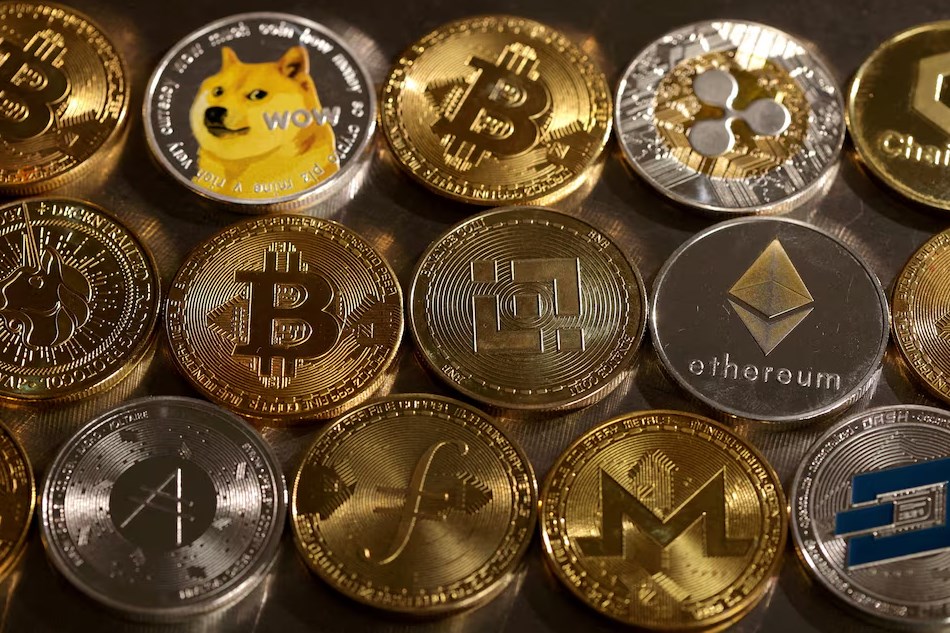Digital currency is a decentralized digital asset that uses cryptography for transactions and records and is not controlled by a central authority. Its features include: decentralization, anonymity, immutability and encryption. Common types include Bitcoin, Ethereum, Litecoin, and Ripple. Digital currencies have the advantages of security, global transactions, low transaction fees and investment opportunities; but they also have disadvantages such as volatility, regulatory uncertainty, technical complexity and the risk of criminal activity.

What is digital currency?
Digital currency, also known as cryptocurrency, is a decentralized digital asset that uses cryptography for transactions and records. It differs from fiat currency in that it is not controlled by a central bank or government.
Characteristics of digital currency:
-
Decentralization: Digital currency transactions are conducted directly between users without the need for intermediaries.
-
Anonymity: Users can use anonymous wallets to conduct transactions and protect their personal information.
-
Immutability: Once a digital currency transaction is recorded in the blockchain, it cannot be changed or reversed.
-
Encryption: Digital currency uses cryptography encryption to ensure transaction security and tamper-proofing.
Types of Digital Currencies:
There are many different digital currencies, including:
-
Bitcoin (BTC): The most famous digital currency for its innovative blockchain technology and decentralization famous for its nature.
-
Ethereum (ETH): A platform that allows the development and deployment of blockchain-based applications and smart contracts.
-
Litecoin (LTC): A lighter and faster digital currency than Bitcoin, suitable for daily transactions.
-
Ripple (XRP): A digital currency designed for cross-border payments, making it faster and cheaper than traditional money transfers.
Advantages of Digital Currency:
-
Greater Security and Privacy: Encryption technology and anonymous wallets increase transaction security.
-
Global Trading: No geographical restrictions, users can trade anywhere in the world.
-
Lower Transaction Fees: Transaction fees for digital currencies tend to be lower compared to traditional money transfers.
-
Investment Opportunities: The price fluctuations of digital currencies provide investors with potential profit opportunities.
Disadvantages of Digital Currency:
-
Volatility: Digital currency prices may fluctuate wildly, resulting in the risk of investment loss.
-
Regulatory Uncertainty: The regulatory environment for digital currencies is still evolving and may lead to legal risks.
-
Technical Complexity: Understanding and using digital currencies requires a certain level of technical knowledge.
-
Criminal Activities: Anonymity and irrevocability can lead to digital currencies being used for illegal activities.
The above is the detailed content of what is digital currency what is digital currency. For more information, please follow other related articles on the PHP Chinese website!





